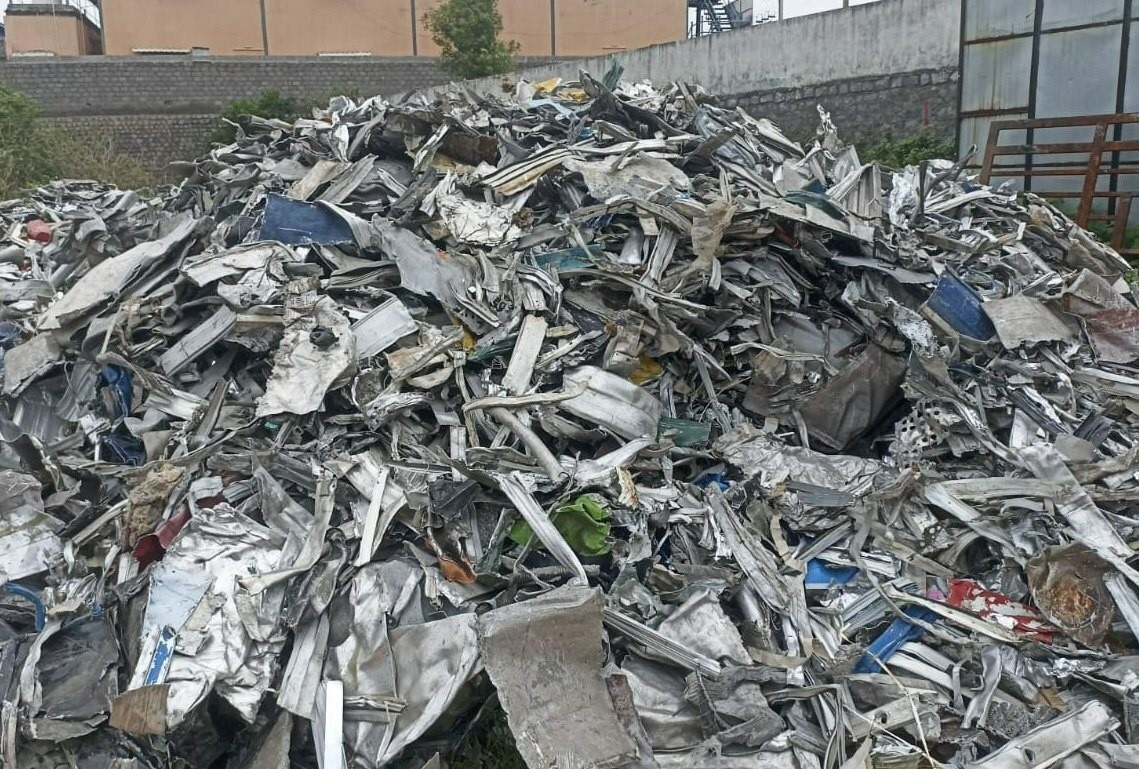

The public comment period for a proposed air quality permit with Australian manufacturing firm Aluminium Dynamics, Inc., for its planned aluminium processing plant in Benson, Arizona, has come to an end. The Arizona Department of Environmental Quality (ADEQ) had been accepting comments and questions about the proposed 174,000-square-foot facility on a 200-acre site. This facility is intended to operate 24 hours a day once approved, effective since July 16, 2025.

Comments were accepted until midnight on August 21, 2025, via ADEQ's online comment portal or by e-mail.
Project scope and operations
As a subsidiary of Steel Dynamics, Aluminium Dynamics proposed a major recycling operation that would eventually process up to 300,000 tonnes of aluminium scrap a year. Once operational, the plant would produce recycled aluminium ingots for downstream users, including a new mill in Mississippi, producing products for a variety of industries, including sustainable beverage packaging, automotive, and construction.
The site plan identifies shredders, a rotary kiln decoater, melt furnaces, a holding furnace, and an in-line fluxer using non-reactive argon gas. The finished product would be transported mainly by rail, which reduces the reliance on long-haul trucking.
Community concerns and environmental scrutiny
Residents of Benson and advocacy groups have pushed back due to potential air emissions, noise, and the heavy use of water. According to ADEQ files, the plant could emit more than 40 tonnes of particulate matter continuously each year, plus hazardous air pollutants (HAPs) from four 100-foot stacks. Some groups estimated water demand at upwards of 5,000 gallons of water per minute could be required for cooling the plant, with the San Pedro River close by and southern Arizona in a drought.
Residents are worried about health effects, noise, and the proximity of the plant to homes and a nursing facility. Many residents have signed petitions opposing the plant; thousands submitted petitions expressing their opposition to the proposed operations at the site, and ADEQ will consider these before making a decision, followed by EPA review.
Also read: Global aluminium recycling market faces scrap squeeze amid surging demand
Addressing public fears
Glenn Pushis, president of Aluminium Dynamics, directly addressed these worries by emphasising aluminium’s sustainability advantages. “Aluminium is 100 per cent recyclable. It’s infinitely recyclable, and we want to take advantage of that and keep these cans out of our landfills,” he said in a statement.
Industry figures support his argument: when producing primary aluminium, CO₂ emissions can be as high as 16 tonnes per tonne of metal, while recycling aluminium from scrap emits less than one tonne of CO₂ equivalent, or roughly 95 per cent less. Recycling uses much less water than smelting and usually produces less noise and air pollution.
Balancing opportunity and risk
The facility is expected to create roughly 90 local jobs and provide new economic activity in Cochise County. However, for many residents, potential environmental costs outweigh these benefits. The ADEQ process aims to clarify the balance by testing the company’s claims against regulatory standards and community evidence.
With the comment period now closed, Benson awaits the outcome of the regulatory review, a decision that will weigh the risks of industrial expansion against the potential benefits of sustainable recycling. Regardless of the final ruling, the debate has underscored the importance of transparency, robust scientific review, and active public engagement in major industrial projects.
To get full insights into the projected aluminium recycling market, read our report: World Recycled ALuminium Market Analysis Industry forecast to 2032
Responses








